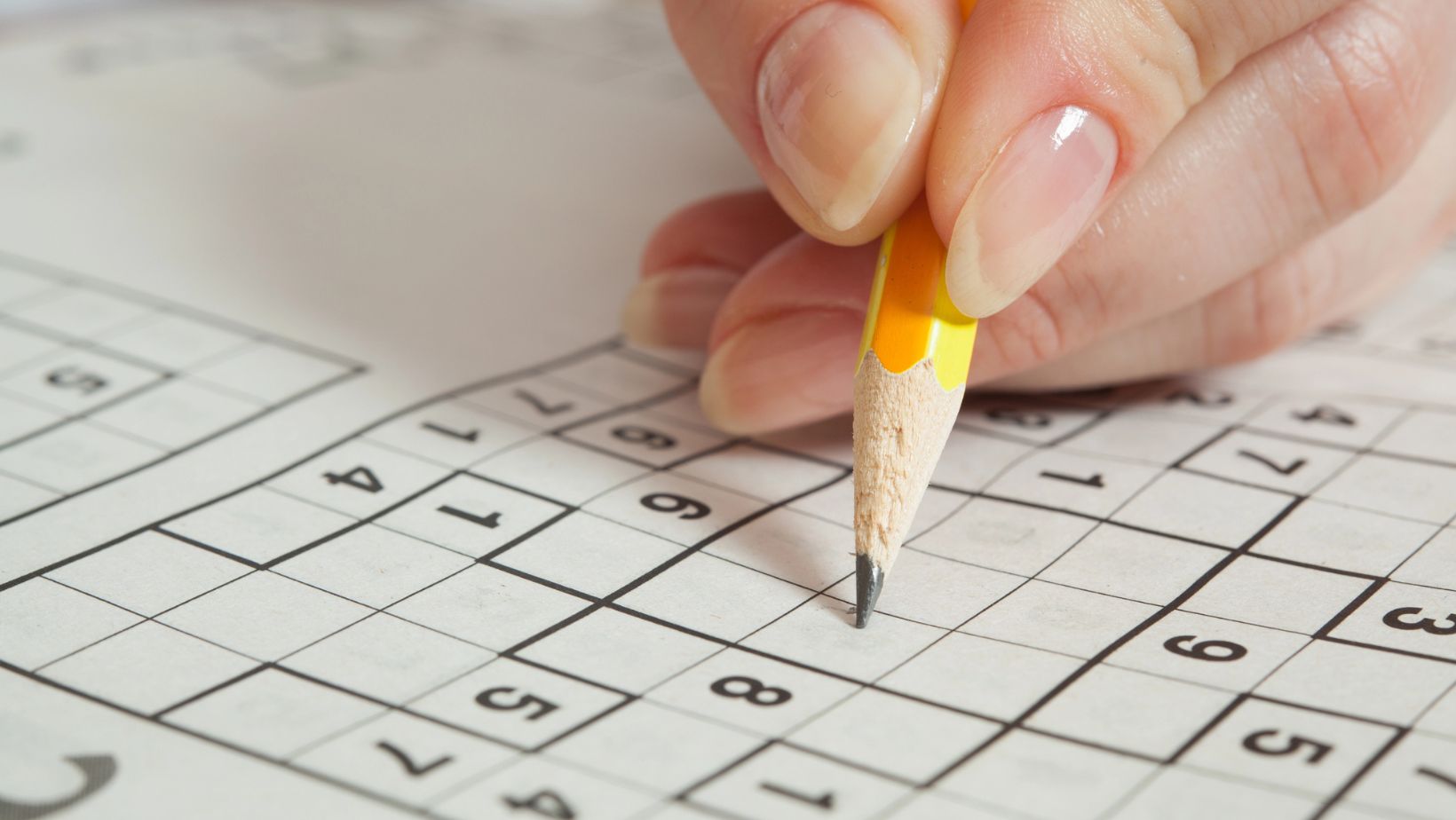Every year on September 9th, puzzle enthusiasts around the world celebrate International Sudoku Day, a day dedicated to the popular number-placement puzzle that has captivated millions of people across the globe.
This special day encourages people to enjoy the mental challenge and cognitive benefits of solving Sudoku puzzles.
History of International Sudoku Day
International Sudoku Day was established in 2013 by the World Puzzle Federation (WPF) to commemorate the birthday of Howard Garns, the American architect who is credited with creating the modern Sudoku puzzle.
Although similar puzzles existed in the late 19th century, Garns is recognized for popularizing the game in the late 1970s under the name “Number Place.”
The puzzle gained international fame in 2004 when it was published in the British newspaper, The Times, under the name “Sudoku,” which is a combination of the Japanese words “su” (meaning “number”) and “doku” (meaning “single”). Since then, Sudoku has become a global phenomenon, with countless books, websites, and mobile apps dedicated to the addictive puzzle.
Ideas to Celebrate International Sudoku Day
There are many ways to celebrate International Sudoku Day and enjoy the mental challenge of this popular puzzle. Here are a few ideas:
- Organize a Sudoku competition among friends, family, or coworkers to see who can solve puzzles the fastest or most accurately.
- Host a Sudoku-themed party, complete with puzzle-inspired decorations, snacks, and prizes for the best solvers.
- Donate Sudoku books or puzzle collections to local libraries, schools, or senior centers to share the joy of puzzling with others.
- Challenge yourself to solve a difficult Sudoku puzzle or try a new variation, such as Killer Sudoku or Samurai Sudoku.
The Cognitive Benefits of Solving Sudoku Puzzles
In addition to being a fun and engaging pastime, solving Sudoku puzzles offers numerous cognitive benefits. Regular Sudoku practice has been shown to improve memory, concentration, and logical thinking skills.
The mental challenge of solving puzzles can also help reduce stress, improve mood, and keep the mind sharp as we age.
Sudoku puzzles require players to use a combination of logic, pattern recognition, and problem-solving skills to fill in a 9×9 grid with digits so that each column, row, and 3×3 sub-grid contains all digits from 1 to 9 without repetition.
This mental exercise helps stimulate the brain and can even lead to the development of new neural pathways, enhancing overall cognitive function.
Sudoku Variations and Spin-Offs
While the classic 9×9 Sudoku grid remains the most popular form of the puzzle, there are many variations and spin-offs that offer new challenges and twists on the original game. Some popular Sudoku variations include:
- Killer Sudoku, which includes additional constraints in the form of cages with specified sums.
- Samurai Sudoku, which consists of five overlapping Sudoku grids that must be solved simultaneously.
- Alphabetical Sudoku, which replaces numbers with letters, creating a crossword-style puzzle.
- Jigsaw Sudoku, which features irregular-shaped sub-grids instead of the standard 3×3 boxes.
On International Sudoku Day, puzzle enthusiasts celebrate the mental challenge and cognitive benefits of this beloved pastime. Whether you’re a seasoned Sudoku solver or a curious beginner, this special day encourages everyone to embrace the joy of puzzling and exercise their minds with the timeless challenge of Sudoku.
